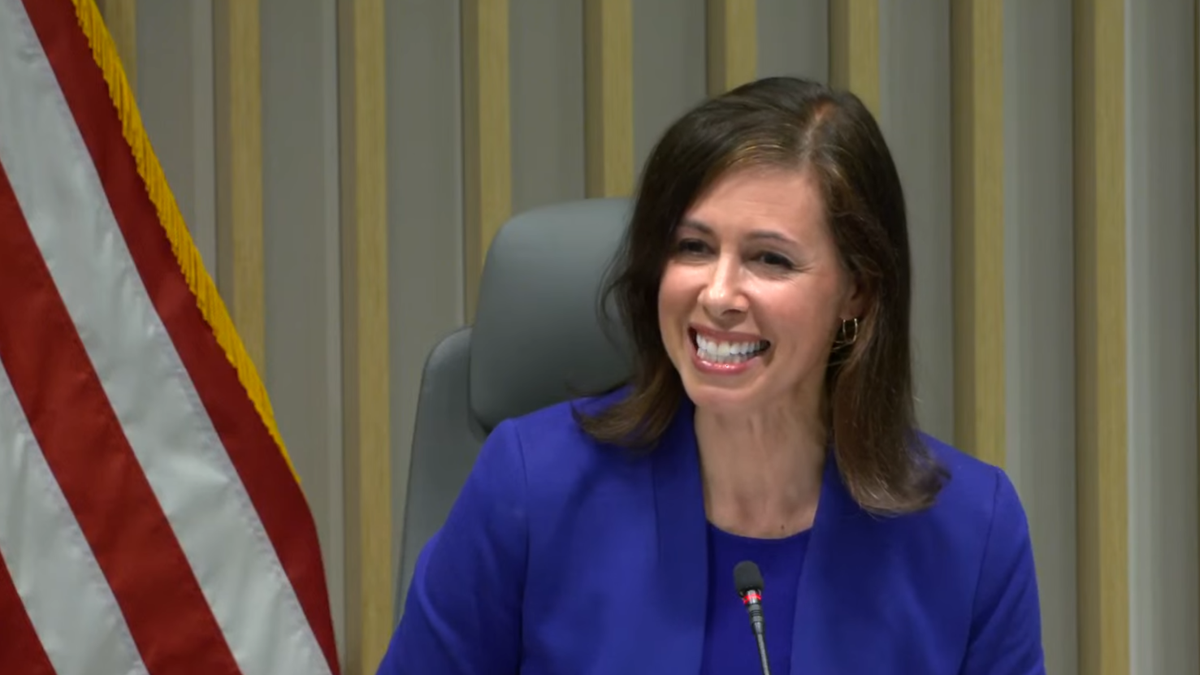Reversing a Trump-era ruling from 2018, the Federal Communications Commission voted today to restore net neutrality rules, so as to “bring back a national standard for broadband reliability, security, and consumer protection.” The vote has been several years in the making, as President Biden signed an executive order in 2021 directing the FCC to restore the regulations.
Net neutrality is shorthand for the principle that internet service providers shouldn’t be allowed to discriminate between types of traffic they serve; the typical example provided for net neutrality’s importance is that you could see ISPs throttle traffic from competitors or create monopolistic incentives towards using their own. Comcast owns NBC Universal, for example, and could theoretically prioritize traffic to streaming service Peacock while degrading the video quality of Netflix.
In this era of multibillion dollar corporate consolidation, it’s a realistic concern.
The FCC’s strategy for regulating net neutrality is through classifying ISPs as “common carriers” under Title II of the Communications Act of 1934. Even though that act predated the internet by 60 years or so, it’s still applicable; it essentially means that internet access should be treated like a utility.
When the FCC implemented net neutrality, the key wording from Title II was that it would be “unlawful for any common carrier to make any unjust or unreasonable discrimination in charges, practices, classifications, regulations, facilities, or services for or in connection with like communication service, directly or indirectly, by any means or device, or to make or give any undue or unreasonable preference or advantage to any particular person, class of persons, or locality, or to subject any particular person, class of persons, or locality to any undue or unreasonable prejudice or disadvantage.”
Under former chairman Ajit Pai, the FCC of 2018 rolled back those regulations with a proposal it obnoxiously named “Restoring Internet Freedom.” That reversal has now been re-reversed, in a process I sincerely hope will not continue with every future presidential administration.
The FCC today also voted to grant itself the authority to monitor internet service outages to “play an active role” in outage situations that affect remote workers, students and businesses that can’t function without internet access. It remains to be seen what actual role the FCC will play there, though.
The new ruling “reinstates similar rules to those that were in effect for providers between 2015 and 2017,” said commissioner Anna Gomez in a statement on Thursday. “We understand that smaller providers are the backbone of Internet access in many rural
and underserved areas, and our approach is crafted with their vital role in mind. … Most importantly, I support today’s item because it prioritizes consumers and gives the
Commission more tools to close the digital divide. It ensures that consumers are in charge of
what they do online and that they can be confident that when they send information over their broadband connection, it will not be blocked or altered by their provider. These protections are essential for all consumers, but especially for those communities who have been historically left on the wrong side of the digital divide.”
As in both prior battles over net neutrality, this one was approved along a party-line vote: Three Democrats on the panel approved of the new rules, while two Republicans dissented.

